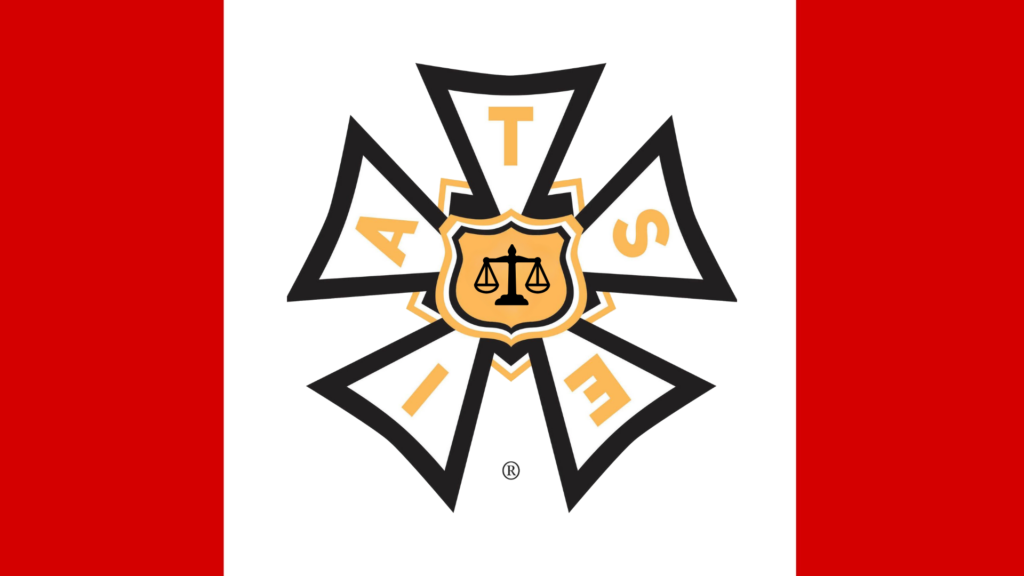- May 26, 2021
- Certifications/Decertifications
This decision concerns an Application for Certification filed by IATSE 849 under section 23 of the Trade Union Act (the “Act”) to become certified as the bargaining agent of “Motion Picture Technicians in the employ of Egg Film Inc., including Best Boys Grips, Costume Designers, Lighting Technicians, Props Assistants, Gaffers, Best Boys Lighting, Generator Operators, Key Make-Ups, Prop Masters and Key Grips in the Province of Nova Scotia…”.
Egg Films is a production company that produces television, radio, web advertising and web video. Eggs Films has a sister company with the same ownership and direction. The project that led to this Application for Certification was a one day “shoot”. This was a major project which involved hiring of approximately 25 people, many of which were members of the Applicant.
The decision considers the following four issues:
- Whether the Motion Picture Technicians were Employees or independent contractors?
- Is the Bargaining Unit being sought appropriate for Collective Bargaining?
- Is a craft Unit Being sought which fails to meet the Craft Unit Regulations?
- Does the Application Violate Board Policy restricting Voter Eligibility to Employees at work on both the Date of Application and Date of the Vote?
Issue 1: Were the Motion Picture Technicians Employees or independent contractors?
The Board held that the fact many of these individuals do not rely on this particular employer for a majority of their employment, is not determinative of the issue. In so doing, the Board analogized the employment relationship of film technicians to employees performing skilled trades in the construction industry. The Board further held that the commercial and corporate advertising industry is a part of the film industry for the purposes of the Act. The Board further found that in respect of the work completed on the Application Filing Date, the technicians while using their various skills to run their particular equipment did so under the close direction of the Line Producer and the Director of Photography. As a result, the Board held that the “motion picture technicians” employed by Egg Films on March5, 2011 were employees within the meaning of the Act.
Issue 2: Is the Bargaining Unit being sought appropriate for Collective Bargaining?
The Board held that its task is to delineate “an appropriate bargaining unit” and not the “most appropriate bargaining unit” giving consideration to the community of interests. The Board held that in Canada “motion picture technicians” normally excludes line producers and camera operators. The Board further held that the bargaining unit as contained in the Application for Certification is an appropriate bargaining unit. However, the Board agreed to hear further argument on the “ins” and “outs” in this particular Application.
Additionally The Board considered whether it should find a unit of “casual employees” appropriate for collective bargaining. The Board held that in this case, the interests of casual employees are not adverse to full time employees. Additionally it found that casual/occasional employees do different work than full-time employees. Therefore, the Board found that the bargaining unit applied for was appropriate both in terms of membership and continuity.
Issue 3: Is a craft Unit Being sought which fails to meet the Craft Unit Regulations?
The Board held that section 24 of the Act and its related regulations do not apply to the Film Industry in Nova Scotia. In particular, the Board held that the Craft Unit Regulations “were never intended to apply to occupational units such as film technicians, movie projectionists, stage hands or musicians. The Board held that section 24 is about preventing the carving out of small craft units that can throw a “spanner, as it were, in to the larger industrial works of a firm and its “employees as a whole””.
Issue 4: Does the Application Violate Board Policy restricting Voter Eligibility to Employees at work on both the Date of Application and Date of the Vote?
The Board held that the voter eligibility should be limited to a “bright line” date in the “film/commercial production” industry. The Board held that if the rule of having to be employed on the date of application and the date of the vote, were not subject to exception, many employees in the commercial advertising production sector of the film industry would potentially be denied their rights to join a union and participate in collective bargaining.








